
Latvian Health Minister Hosam Abu Meri has called for the qualifications of two doctors banned from practicing in Finland to be checked following the publication of Re:Baltica's investigation into serious violations in their professional activities.
Health Minister Hosam Abu Meri has urged the Latvian Medical Association (LĀB) to verify the qualifications of two doctors — Tatiana Rybakova and Ruta Leikuma — as doubts have arisen regarding their professionalism in Finland, writes the Baltic Center for Investigative Journalism Re:Baltica on Monday.
More than 100 doctors banned from practicing in one European country due to serious violations continue to work in another. According to an international journalistic investigation involving Re:Baltica, at least two such doctors are working in Latvia as well. Family doctor Rybakova sees patients in Liepaja, but she worked in Finland in 2016. Meanwhile, infectious disease specialist and therapist Leikuma is currently employed at the Balvi and Gulbene hospital association.
Re:Baltica reports that the Finnish medical supervision authority Valvira pointed out a number of serious violations in Rybakova's practice. For example, lacking the appropriate training, she conducted a gynecological examination. In another case, she intended to examine a child using gynecological equipment intended for adults. A Valvira expert concluded that this "indicates a lack of judgment and understanding that her actions could harm the patient." In another instance, Rybakova "failed to diagnose obvious pneumonia." In yet another case, she did not notice an eye problem, which nearly caused the patient to lose their sight.
After reviewing all aspects, Valvira ruled in 2017 that Rybakova's professional skills were insufficient for practicing medicine in Finland and revoked her right to practice.
Rybakova herself told Latvian television that nothing serious happened and she disagrees with Valvira's conclusion. "Well, some people were dissatisfied, I think there’s nothing terrible about that," she reflects. According to her, the problem was a lack of knowledge of the Finnish healthcare system. She did not inform any Latvian institution that she was banned from practicing medicine in Finland. "Why should I have said anything? It’s my personal matter," she said.
As for Leikuma, initially the Finnish supervisory authority could not determine whether complaints against her were due to a lack of knowledge or because she poorly spoke Finnish. Valvira decided that the situation needed to be examined more thoroughly and commissioned Tampere University to assess both the theoretical and practical knowledge of Leikuma. "In the written exam on internal medicine, Leikuma scored seven out of 80," the document states. For example, she failed to recognize acute leukemia. In another test assessing knowledge of internal medicine from the perspective of primary medical care, Leikuma scored 12 out of 80. "In one of the questions, Leikuma did not recognize any possible immediate risks, and such actions in healthcare could harm the patient," concluded the examiners. In February 2016, Leikuma was stripped of her right to practice medicine in Finland.
Leikuma emphasized in an interview with Latvian television that she disagrees with the decision. According to her, it was a "political order." After returning to Latvia, she did not inform anyone about the ban, as she believes that "if an official decides something, it has nothing to do with Latvia."
Both doctors did not inform their employers in Latvia about the ban on working in Finland. Finnish authorities sent a warning about them to the Internal Market Information System (IMI) of the European Commission, where since 2016, 30 EU countries and associated states exchange information about doctors banned from practicing due to violations. However, LĀB representative Elita Viksne explained to Re:Baltica that during the re-certification of doctors, the organization checks data in the IMI system only if it is known that a specific doctor has worked abroad. Otherwise, there are no grounds for verification. According to Viksne, the system is complex, and checking all doctors would be "a significant administrative burden."
At the LĀB meeting in early November, it will be decided what to do with the information received about doctors banned from working in Finland. Meanwhile, the Health Inspectorate stated that it would "take note" of the information received but cannot do anything since there are no complaints from patients, Re:Baltica reports.
In the meantime, Abu Meri promised journalists to find out what the law allows him to do. He also promised to send a letter to LĀB urging them to verify the knowledge of these doctors.



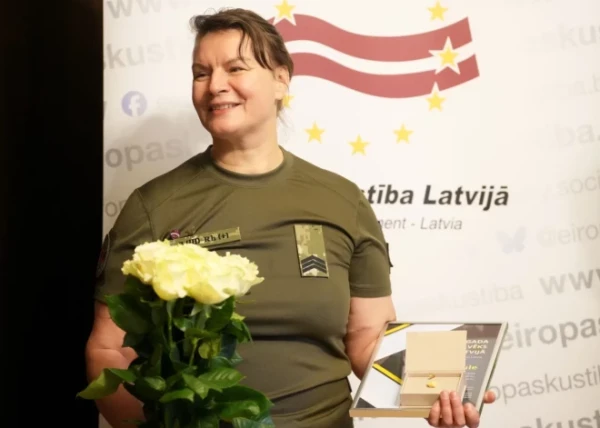


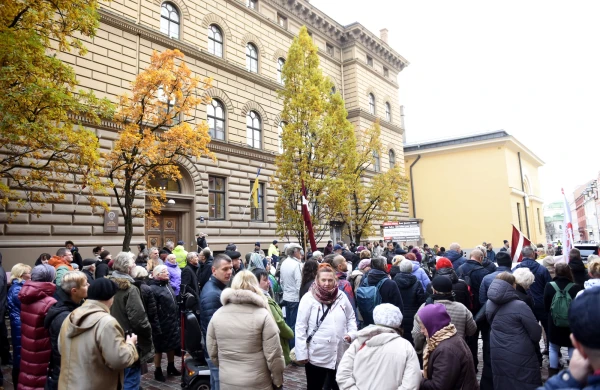


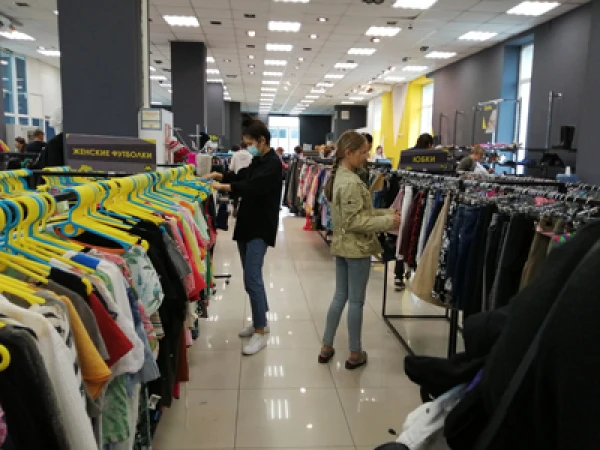


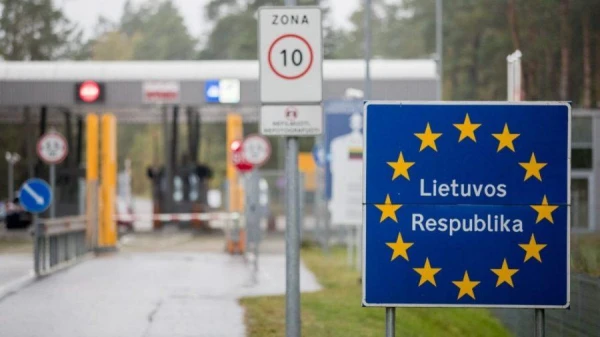
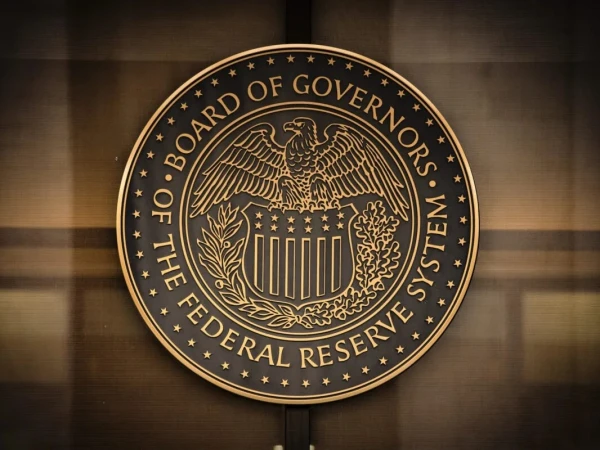

Leave a comment